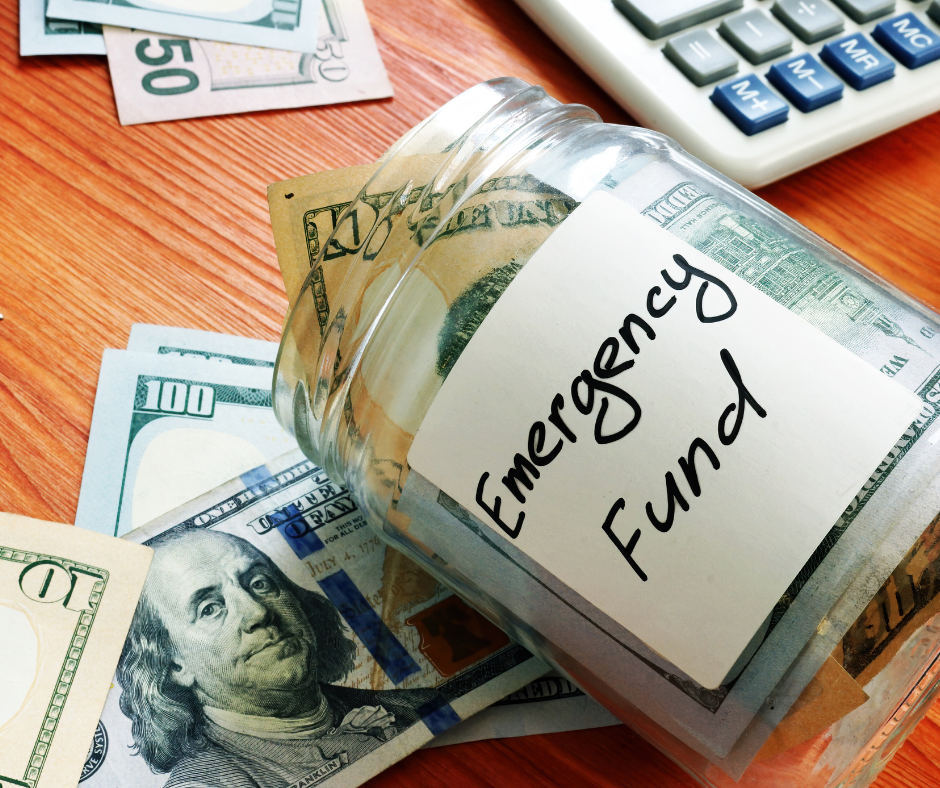Q: How can I beat inflation and save on back-to-school shopping?
The Importance of an Emergency Fund

Everyone knows it’s important to create and stick to a budget, but many people neglect to plan for the unexpected. Without proper planning, any surprise life event can send you spiraling into long-term debt.
The best way to plan for these events is by building an emergency fund for just this purpose. Let’s take a closer look at why an emergency fund is so important and how to begin building your own.
Why is an emergency fund essential?
- Financial security. Unexpected expenses can arise at any time. An emergency fund provides the financial buffer needed to handle these surprises without throwing off your financial stability.
- Debt prevention. Having savings set aside can help you avoid resorting to debt when the unexpected happens.
- Less stress. Knowing there’s a financial cushion in place to help you navigate almost any financial reality, can help you sleep better at night. In addition, when an emergency strikes, the fund can help alleviate the financial anxiety typical of uncertain times.
Common uses for an emergency fund
- Job loss. An emergency fund ensures you can manage essential expenses while seeking new employment.
- Medical emergencies. Savings can help cover deductibles, treatments or medications that are not covered by insurance.
- Home or car repairs. An emergency fund allows for timely car and home repairs without financial strain.
How much should you save?
Financial experts typically recommend setting aside three to six months’ worth of living expenses in an emergency fund. However, the exact amount should be tweaked to individual circumstances.
Building your fund
Here are some tips for getting started on building your emergency fund today.
- Assess your expenses.
- Set realistic goals.
- Automate your savings with a monthly transfer to your savings account.
- Trim your spending.
- Use windfalls to boost your emergency fund.
Where to keep your emergency fund
Accessibility and safety are crucial when choosing where to store your emergency savings. High-yield savings accounts are often recommended due to their balance of liquidity and interest earnings. These accounts allow quick access to funds when needed while offering better returns than standard savings accounts.
Maintaining and replenishing your fund
It’s important that you use your emergency fund only for genuine emergencies. If you need to withdraw from it, prioritize replenishing the fund as soon as possible.
An emergency fund is more than just a financial safety net; it’s a foundation for long-term financial well-being. Build yours today!



